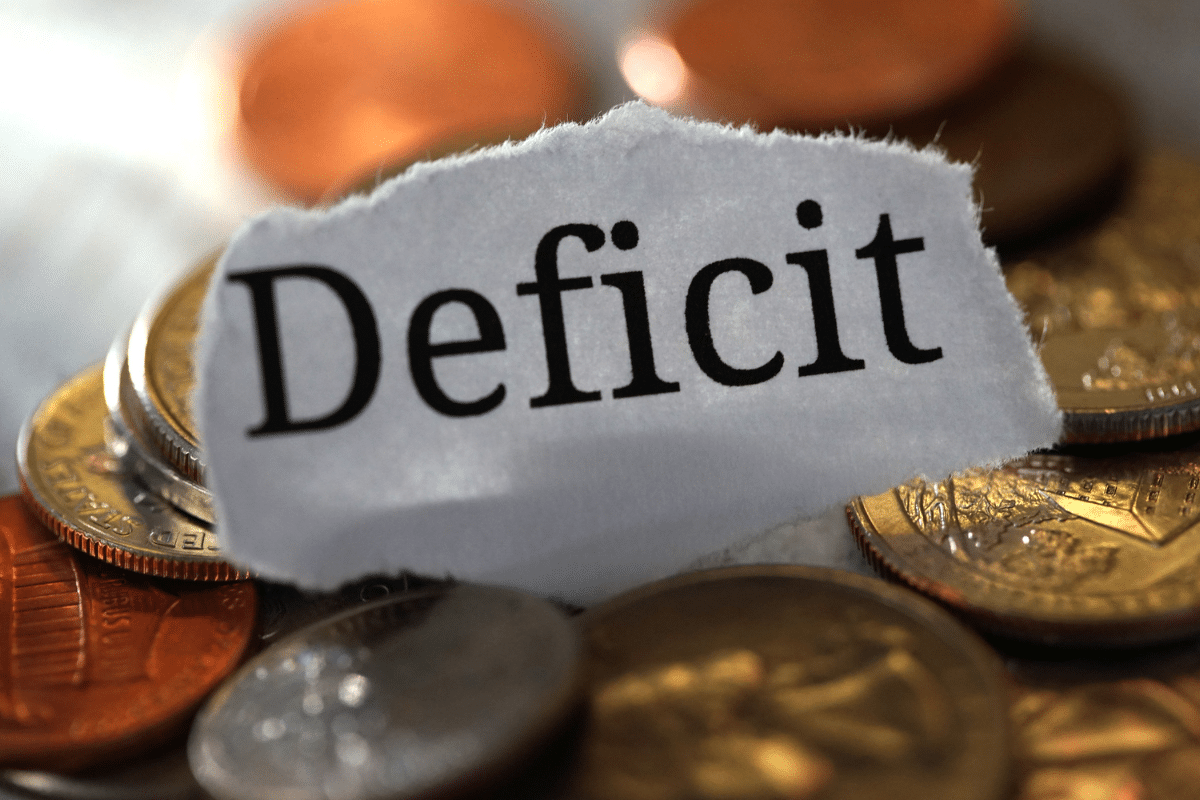Rising interest rates are squeezing buyers’ budgets as they try to bring prices down.
The party is over.
The post-Covid boom, which saw house prices soar from record to record, is behind us. The rise in the cost of property loans from an average of 1% over twenty years in January to 2.2% today) and the climate of anxiety (war in Ukraine, inflation, fears of recession, etc.) have brought down the euphoria that has reigned for the past two years.
And if the need for housing remains a powerful spring, sales are no longer made in a snap of the fingers. Agencies have stock, sales times are getting longer and negotiations are once again difficult between buyers and sellers. We are no longer in a situation where buyers have to hurry. Today, negotiations are taking place everywhere.
Of course, the figures do not yet reflect this phenomenon. In September, over one year, the value of flats rose by 4% (+8.2% for houses), according to the French notaries .
The preliminary sales agreements signed in the autumn point to almost identical increases in January (4% for flats, 7% for houses). 1,133,000 homes changed from January to the end of September, not far from the record of 1,20. 000 in 2021.
However, since the autumn, the tone has changed. In Paris and Lyon, negotiations in relation to the posted price are frequently of the order of 3 to 5%. This phenomenon can also be seen in medium-sized cities that had benefited fully from the French people’s desire for space during the Covid.
Negotiations were rare.
They are coming back. The euphoria also seems to have subsided for second homes inland, a few dozen kilometres from the coast.
We are no longer in the situation where people were buying houses in villages they knew nothing about six months earlier. Prices have to adjust. The rise in interest rates has a direct impact on the amount of money households can afford to pay.
With a constant monthly payment, the current increase in the cost of credit is almost equivalent to 10% less purchasing capacity. Banks are lending less, but buyers have the same project. In order not to lose space, they are negotiating more.
After years of increases, the average property purchasing power calculated according to market prices and the borrowing capacity of buyers – has fallen from 84m2 to 80m2 between 2021 and 2022, according to the “Notaires de FRANCE”.
The difficulties of access linked to the usury rate (the maximum rate at which banks can lend) are also forcing buyers who have little money to borrow less. But the cost of credit or access to it are not the only factors responsible for the return of negotiations. The constraints that weigh on the most energy-intensive housing, rated f or g on the energy label, are now well taken into account in the price.
This is understandable. From 2023 onwards, the worst thermal flats will be banned from being rented. In 2025, it will be the turn of all G properties, and then, in 2028, F properties.
These discussions are particularly strong for houses, where, unlike flats, all expenses are borne by one owner.










